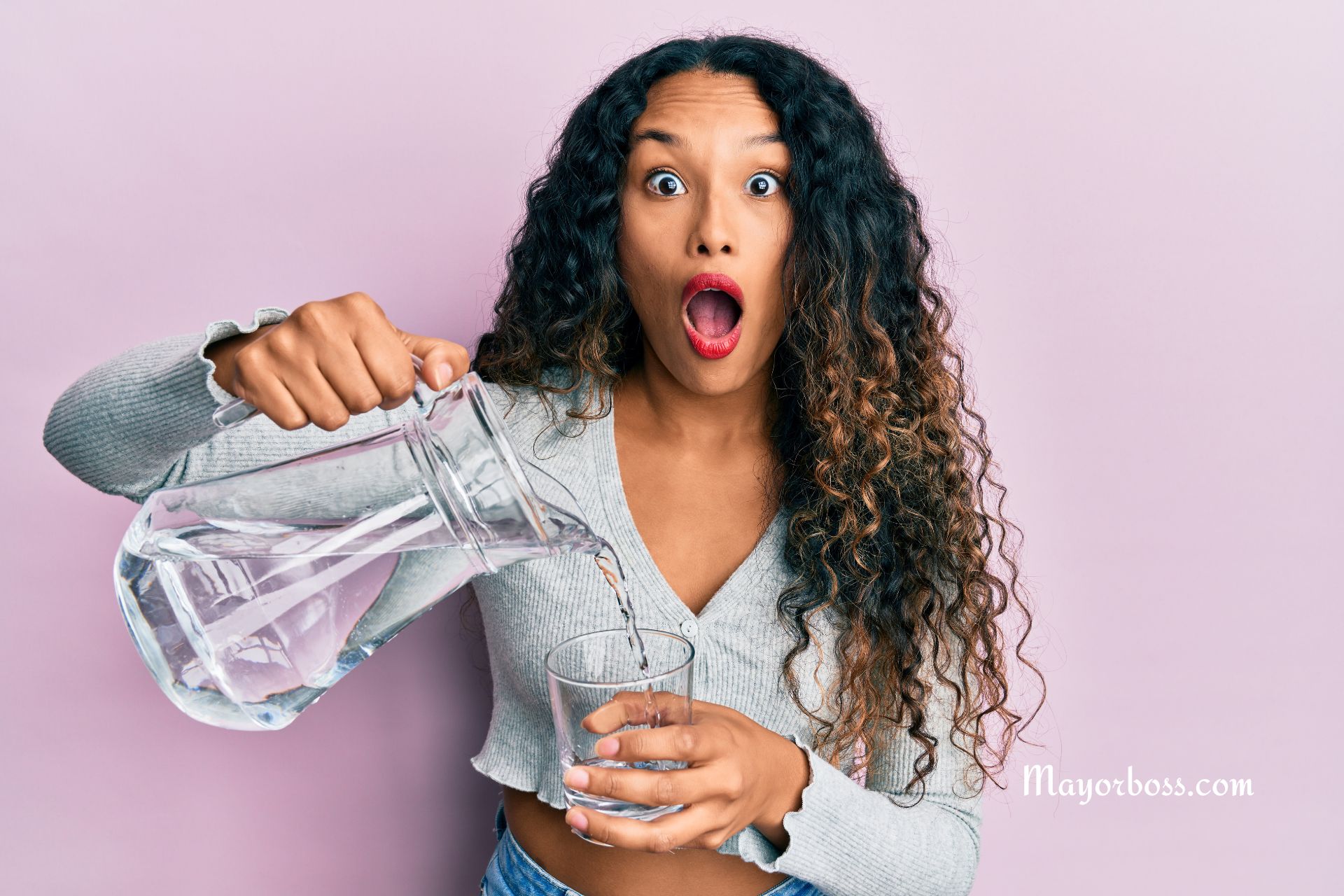6 Common Medications That Can Make You Thirsty
Have you ever noticed that you’re reaching for a glass of water more often than usual? While staying hydrated is essential, suddenly feeling like you can’t get enough water might be a side effect of medication. In fact, many medications can increase your thirst. This side effect can be surprising and, at times, uncomfortable. So, why does this happen, and which medications are known for causing increased thirst? This article will walk you through six common types of medications that might be making you feel parched and why this happens.

How Medications Cause Thirst
Medications can make you thirsty in a few different ways:
- Dehydration: Some medications, like diuretics, increase fluid loss through urination. This can lead to dehydration and a feeling of excessive thirst.
- Dry mouth: A common side effect of many medications is dry mouth, making you feel parched even if you’re not dehydrated.
- Affecting thirst centers: Certain medications can interfere with the parts of the brain that regulate thirst, causing you to feel thirsty even when your body has enough fluids.
The Types of Medication That Can Leave You Thirsty
1. Diuretics
Diuretics, often called “water pills,” are frequently used to manage high blood pressure or conditions like edema (swelling). These medications work by increasing urine production, helping your body rid itself of excess salt and water. While effective, this process can leave you feeling dehydrated and thirsty.
Examples of diuretics: Furosemide (Lasix), hydrochlorothiazide, spironolactone
2. Blood Pressure Medications
While diuretics directly target fluid balance, other types of blood pressure medications can also lead to increased thirst. ACE inhibitors and ARBs, two common classes of blood pressure drugs, can sometimes cause dehydration by affecting hormone systems that regulate thirst and fluid levels.
Examples of ACE inhibitors are lisinopril, ramipril
Examples of ARBs: Losartan, valsartan
3. Antihistamines
Antihistamines are widely used to treat allergies, hay fever, and cold symptoms. These medications work by blocking the action of histamine, a chemical released by the body during an allergic reaction. However, antihistamines can also reduce the production of saliva, leading to a dry mouth and increased thirst. Common antihistamines that may cause this side effect include loratadine (Claritin), cetirizine (Zyrtec), and fexofenadine (Allegra).
4. Psychiatric Medications
Certain medications used to treat mental health conditions, including some antidepressants, mood stabilizers, and antipsychotic drugs, can cause dry mouth and increased thirst. These medications can affect the balance of neurotransmitters in your brain, which can indirectly impact your body’s hydration signals and saliva production.
5. Accutane
Accutane, a powerful medication used to treat severe acne, can have side effects, including dry skin and lips. It reduces the size of the oil glands in the skin, which decreases oil production but also leads to dryness throughout the body, including the mucous membranes. This dryness can prompt an increase in thirst.
6. Laxatives
Laxatives, especially stimulant laxatives, work by increasing bowel activity. Excessive or prolonged use of some laxatives can lead to diarrhea, which in turn can cause dehydration and electrolyte imbalances. Increased thirst is your body’s way of trying to replenish lost fluids.
When Should You Be Concerned?
While it’s normal for some medications to increase your thirst, it’s also important to pay attention to your body. If you’re constantly feeling thirsty despite drinking plenty of water, or if you notice other symptoms like frequent urination, it might be time to talk to your doctor. They can help you determine if the medication is the cause and if there are any adjustments or treatments that can help mitigate the side effects.
Frequently Asked Questions
Q1: Can increasing my water intake reduce the side effects of these medications? Yes, drinking more water can help alleviate the side effects of dry mouth and increased thirst caused by medications. However, it’s essential to consult with your doctor, as too much water can also be harmful, especially if you’re on medications that affect your kidney function.
Q2: Should I stop taking my medication if it makes me thirsty? No, you should not stop taking your medication without consulting your healthcare provider. They can offer solutions to manage side effects or may adjust your medication if necessary.
Q3: Are there any long-term effects of medication-induced thirst? Usually, medication-induced thirst is a temporary side effect that can be managed with increased fluid intake and other remedies. However, if left unaddressed, it could lead to dehydration. Always discuss any persistent side effects with your doctor to prevent potential complications.
